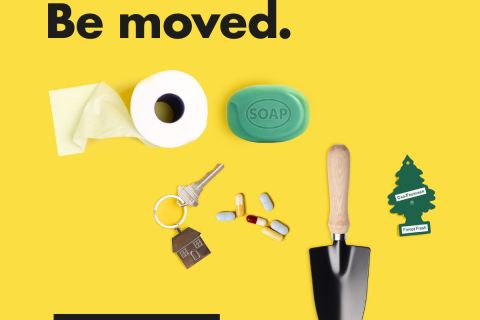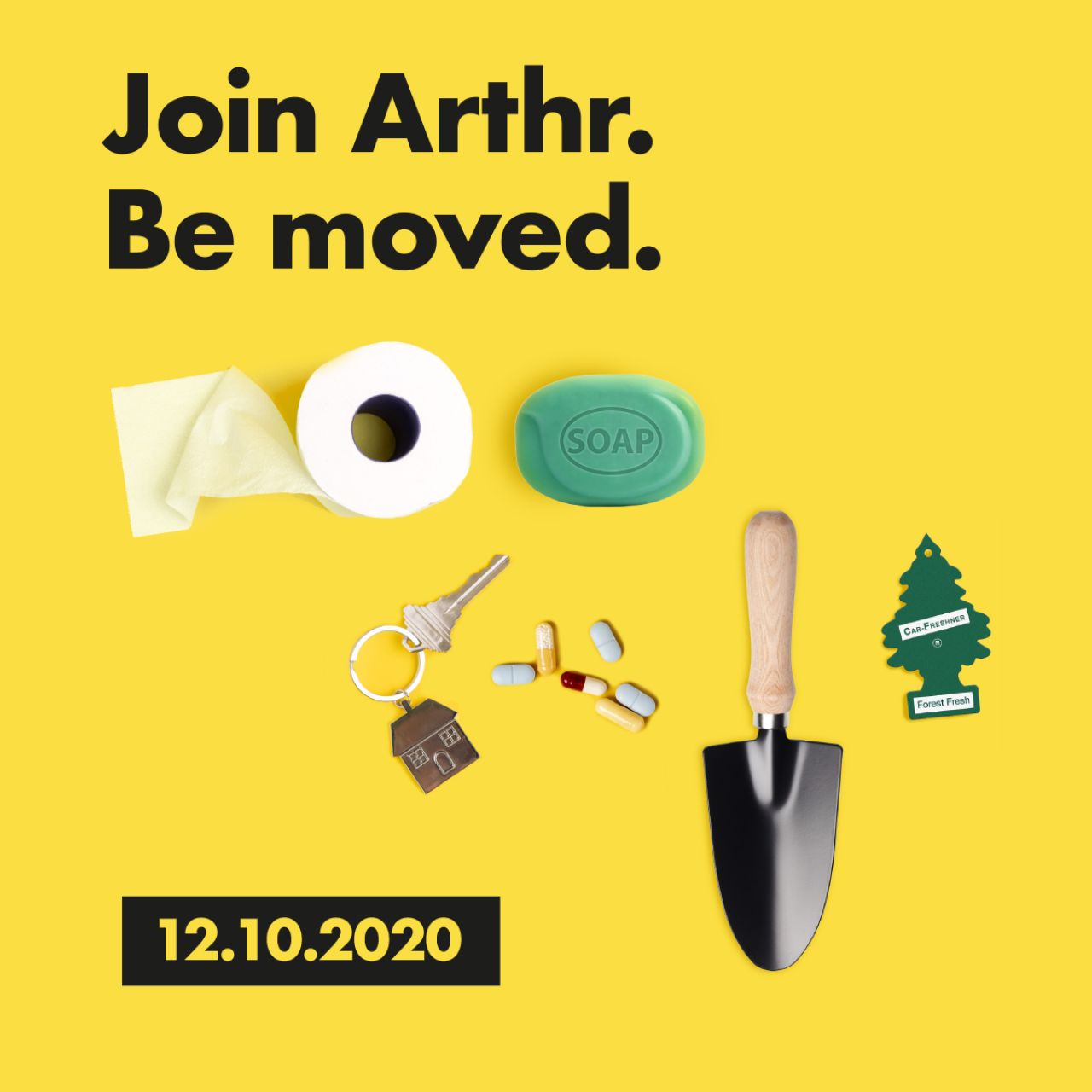
Arthr, a new venture from Versus Arthritis, has just officially launched. Yesterday people from over 20 countries were introduced to Arthr and heard from the Kim (Arthr Non Exec), Karin (Deputy Chair, Versus Arthritis), Bobby (Arthr's MD) and Stacey (John Lewis). 90 minutes later Arthr launched on Ideal World TV.

It’s a brilliant business with a huge opportunity to generate a significant income for Versus Arthritis as well as positively impact the lives of hundreds of thousands of people living with arthritis.

We’ve been supporting the development of Arthr for a while now. We started with a broad brief to work out how to deliver more income, and we’ve supported Versus Arthritis all the way through from market insight and business modelling to running product design sprints and in-market demand testing to creating a startup, recruiting a team, creating a brand and gaining two rounds of funding.
It’s a great demonstration of the potential of charities delivering both mission and generating money together and what we think should be a big part of the sector’s future. There’s a lot of talk in the sector about income diversification at the moment so, having done this work, I thought I’d share a few reflections. There are so many, but these seem like a good place to start...
We’ve said this a lot - there’s lots of potential to leverage the assets and capabilities of a charity to develop new ways to deliver both mission and money. At its core, Arthr is leveraging Versus’ Arthritis brand and knowledge of arthritis to create beautifully designed physical products.
There’s a moment a year or so ago when we knew we were on to something powerful. We were in the midst of a series of ethnographies - basically spending time with people with arthritis to understand their challenges. One woman in her mid 30s told us that her arthritis had meant that she struggled to get out of the bath and once she’d fallen and been found unconscious by her 8 year old daughter. She went to A&E and wasn’t allowed home until her bathroom had been fitted with a bunch of aids and adaptations. She told us that she got home and threw them all out. Why? She said she’d rather her daughter find her unconscious again than think of her as disabled. Stories like this, and others that we heard, were powerful ways for us to tell the story of how Versus Arthritis can fix a failure in the market, make lives better and generate income.
This video, prepared for the launch, sums it up.
A critical point was the moment when we recommended that Arthr would be set up a business separate from the main charity, as opposed to being established as another internal service for their existing teams to deliver. We’d just run a piece of work to demonstrate the real-world potential of the opportunity - we’d created a fake online shop and populated it with early designs of the new products and compared the performance to existing products in the same fake shop (it provided a 4x better ROI) - and we were discussing different organisational design models to take the concept forward. The comment that summed up the debate was “if we try and do this internally we’ll kill it, so I’d rather spin it off and even give some of it away if it means it’ll have a better chance of succeeding”.
This seemingly small decision has had a huge impact. For one thing, it’s meant a lot of extra internal work to figure out things like governance (it got complicated…), but I believe it’ll have a material impact on Arthr’s chances of success. For instance, it enabled us to recruit a team with the unique experience Arthr needs, and who are attracted by its social purpose but who wouldn’t have wanted to work directly for a charity. It enabled Arthr to move much more quickly. It enabled the team to form their own culture and ways of working, suited to a startup rather than a large organisation.
My final reflection is how new this is for the charity sector, but how relatively common it is outside. Corporates have been acting this way for years. Every large corporate these days seems to have some form of programme to create and work with startups.
So, why the difference? Why can’t charities just do what corporates do? Well, as obvious as this sounds, you can’t just translate one sector into another. The legal requirements of governance are different. The cultural risk appetite is different. How you can pay and incentivise a startup team is different. The access to external finance is different. The longer term trajectory of realising value through income rather than a business sale / exit is different. The fundamental requirement to balance impact and income as opposed to purely maximising income is different.

Arthr has proved there is a path through this complexity and, although it’s not easy, hopefully examples like Arthr can inspire other charities to follow a similar path and benefit from the precedents it has set and the lessons we’ve learnt.
And last, but not least, I need to recognise how brilliant Charlotte, Versus Arthritis’ Director of Income, has been throughout. She’s shown how important it is to believe in the idea and protect it, the importance of doing the right thing (which isn’t always the easiest thing) and how resilient you need to be when trying to do something that the organisation hasn't done before. If anyone’s considering embarking on this type of work, alongside a chat with us, a chat with Charlotte would be a great place to start.
Andrew